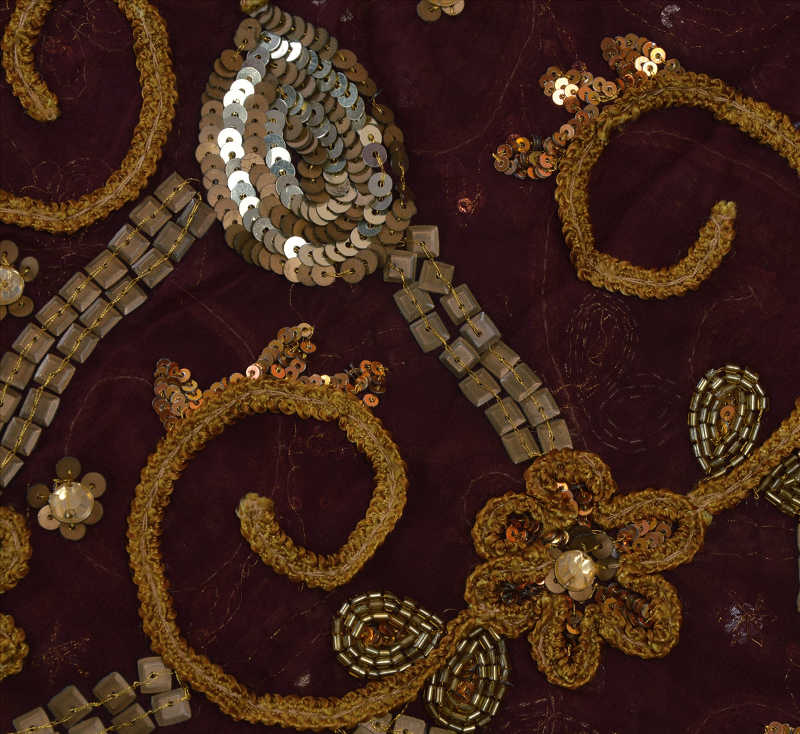===
0693,
1
===

=== |
 |
FWP:
SETS == DIALOGUE; GESTURES
MOTIFS == SPEAKING
NAMES
TERMS == AFFINITY; DRAMATICNESS; THEMEWhat the roses said was, with idiomatic untranslatability, 'Say, ... ', which usually introduces something like 'Say, how are you?' or 'Tell me, how are things?'. And since they 'began to' say it, the enjoyable sequence lagā kahne kaho is generated. Then the speaker didn't turn his face-- or literally, his 'mouth'-- that way, so that he both ignored the roses in a general way, and specifically refused their request for speech (by averting his 'mouth').
Perhaps the speaker pointedly ignored the roses, in a sulky way intended to show them disrespect-- because they were annoyingly demanding his attention. Or perhaps he ignored them because they weren't the 'real' Rose, the beloved who had aroused his passion. Or perhaps he ignored them inadvertently, because he was so consumed with misery that he had no attention to spare for anything or anyone else. Or perhaps he ignored them prudently, so that his possessive beloved wouldn't be jealous and accuse him of conducting a flirtation. As so often, we have to imagine for ourselves the meaning of this 'gesture'.